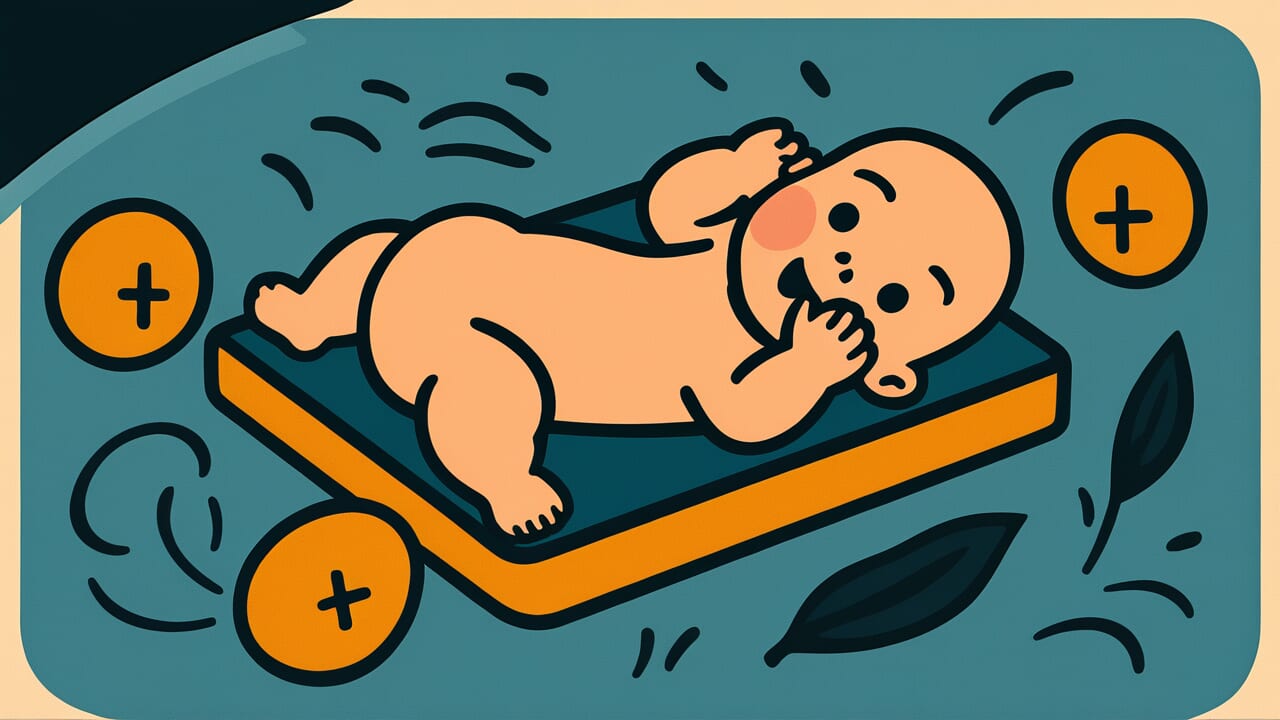How to Read “no one is born a master”
No one is born a master
[NOH wuhn iz born uh MAS-ter]
All words are straightforward and commonly used.
Meaning of “no one is born a master”
Simply put, this proverb means that no person comes into the world already skilled at anything.
Everyone starts as a beginner, no matter what they want to learn. A famous musician once couldn’t hold their instrument properly. A skilled chef once burned simple meals. Even the smartest doctors once struggled with basic medical terms. The proverb reminds us that all expertise comes from years of practice and learning.
We use this saying when someone feels discouraged about their abilities. It helps people understand that struggling with new skills is completely normal. When you see someone excel at something, remember they once made the same mistakes you’re making now. Their success came from continuing to practice even when things felt difficult.
What’s interesting about this wisdom is how it levels the playing field. It means that talent alone isn’t enough to become truly skilled. The person who practices consistently often surpasses someone with natural ability who doesn’t put in effort. This gives hope to anyone willing to work hard at improving themselves.
Origin and Etymology
The exact origin of this specific phrase is unknown, though similar ideas appear throughout recorded history.
The concept reflects ancient understanding about human learning and development. In traditional societies, people learned trades through apprenticeships that lasted many years. Master craftsmen, skilled farmers, and experienced healers all understood that expertise required time and dedication. This wisdom emerged from watching countless people develop their abilities over decades.
The saying spread through various cultures because it captures a universal truth about human nature. Different languages express similar ideas using their own words and examples. As societies developed formal education systems, this concept became even more relevant. The phrase gained popularity because it encourages people while setting realistic expectations about the learning process.
Interesting Facts
The word “master” originally comes from Latin “magister,” meaning teacher or chief. This connects to the idea that true masters often become teachers themselves, passing knowledge to new beginners. The phrase uses simple, everyday words that make the concept accessible to people of all backgrounds and education levels.
Usage Examples
- Coach to player: “You’ve been practicing piano for only two weeks, be patient – no one is born a master.”
- Parent to child: “Your first attempt at cooking didn’t turn out perfect, keep trying – no one is born a master.”
Universal Wisdom
This proverb addresses one of humanity’s most persistent anxieties: the fear of not being good enough. Throughout history, humans have struggled with comparing themselves to others who seem naturally gifted. This saying reveals a fundamental truth about how our brains actually develop skills through repetition and gradual improvement.
The wisdom taps into our deep need for hope and fairness. When we see someone performing at an expert level, our minds often create the illusion that they were always that good. This cognitive shortcut protects our ego but also discourages us from trying. The proverb corrects this mental error by reminding us that every expert was once a disaster at their craft. This knowledge transforms intimidation into inspiration.
What makes this truth impossible to ignore is how it appears everywhere we look honestly. Every human skill, from walking to talking to complex problem-solving, follows the same pattern of gradual development. Our ancestors observed this pattern repeatedly and distilled it into simple words. They understood that societies thrive when people believe improvement is possible through effort rather than being limited by birth circumstances. This creates cultures where learning never stops and potential isn’t wasted.
When AI Hears This
Society works hard to hide how messy learning really is. Masters rarely show their early failures or clumsy first attempts. Schools celebrate final grades but ignore the struggle behind them. Social media shows perfect results while hiding countless practice sessions. This creates a false story about talent being magical rather than earned.
This hiding serves a deeper purpose than most people realize. When learning looks mysterious, it protects those already in power. Teachers can charge more for “secret” knowledge that isn’t actually secret. Experts seem more valuable when their skills appear natural instead of learned. The struggle stays invisible because making it visible would threaten existing hierarchies.
What fascinates me is how this deception actually helps everyone involved. Beginners stay motivated because they don’t see how much work lies ahead. Masters feel special because their journey seems unique and impressive. Society benefits because people keep trying new things despite the hidden difficulty. This beautiful lie protects human ambition from crushing reality.
Lessons for Today
Living with this wisdom means accepting that feeling incompetent is actually the first step toward competence. When you start something new and feel overwhelmed, remember that confusion signals your brain is working to build new connections. The discomfort of not knowing becomes less threatening when you understand it’s temporary and necessary.
In relationships and teamwork, this understanding creates patience and encouragement. Instead of expecting immediate results from others, you can appreciate their learning process. When teaching someone, you remember your own early struggles and offer support rather than criticism. When learning from others, you focus on their journey rather than just their current abilities.
For groups and communities, this wisdom prevents the waste of human potential. It encourages systems that support long-term development rather than quick judgments about ability. Schools, workplaces, and organizations benefit when they create environments where people can practice and improve without fear of harsh judgment. The saying reminds everyone that today’s beginners could become tomorrow’s innovators if given proper support and time to develop their skills.



Comments